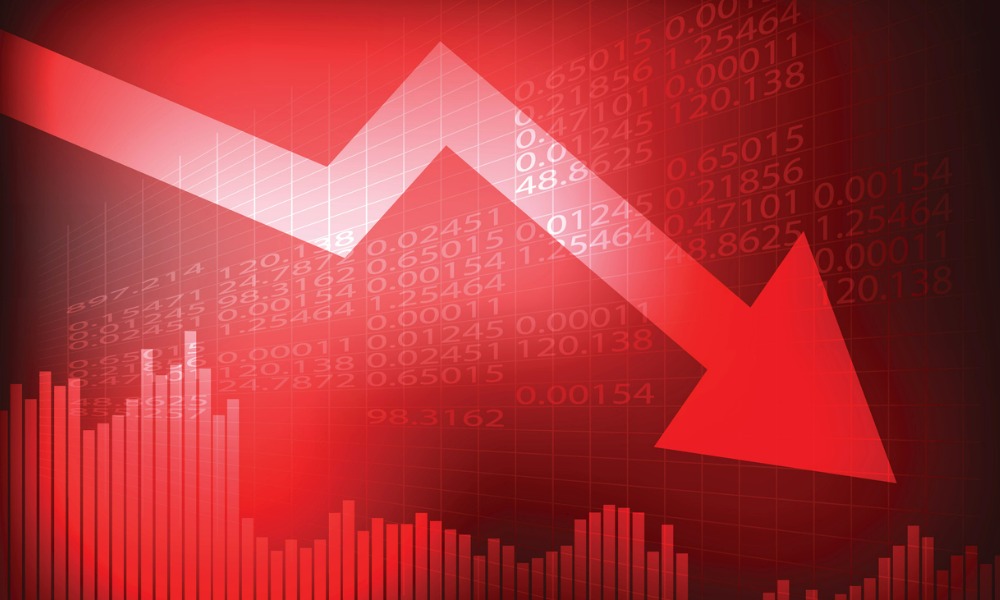World Economic Forum and BMO polls reveal fear of the R word

The likelihood of global recession has increased despite the expectation that inflation will ease in 2023.
Seven in ten of the World Economic Forum’s Community of Chief Economists believe that a global downturn is at least somewhat likely according to a new quarterly poll.
Expectations for regional growth are highest for the Middle East and North Africa (71%), moderate for China (66%) and the East Asia and Pacific (61%), but weaker for the US (37%) and Europe (15%).
A separate survey from BMO shows that 81% of Canadians are concerned that a recession is on the horizon this year.
Older Canadians are most concerned about this and also the cost of living with most people across all age groups concerned about rising food and gas costs.
The BMO Real Financial Progress Index has dropped four points to 34 compared to a year ago with those in Vancouver showing the largest drop in confidence (10 points) that they are making financial progress.
"Fears of a recession could become self-fulfilling, so Canadian households need to be prepared, especially if interest rates continue to rise to tame inflation," added Sal Guatieri, Senior Economist, BMO.
Wages can’t keep up
WEF chief economist poll respondents are united in believing that wages will fail to keep pace with the cost of living even in high-income countries and expect poverty to increase.
“Growing inequality between and within countries is the ongoing legacy of COVID, war and uncoordinated policy action. With inflation soaring and real wages falling, the global cost of living crisis is hitting the most vulnerable hardest. As policymakers aim to control inflation while minimizing the impact on growth, they will need to ensure specific support to those who need it most. The stakes could not be higher,” says Saadia Zahidi, managing director at the World Economic Forum.
Sovereign debt default
The chief economists almost unanimously agree that the risk of sovereign debt default in lower-income economies is increasing.
For higher-income countries, the risk is lower (42% flagged concern) but with interest rates continuing to pile pressure on debt repayments, respondents expect a drag on growth.
One third of chief economists say this dynamic means high-income countries no longer have the fiscal space to deal with another macroeconomic shock.



